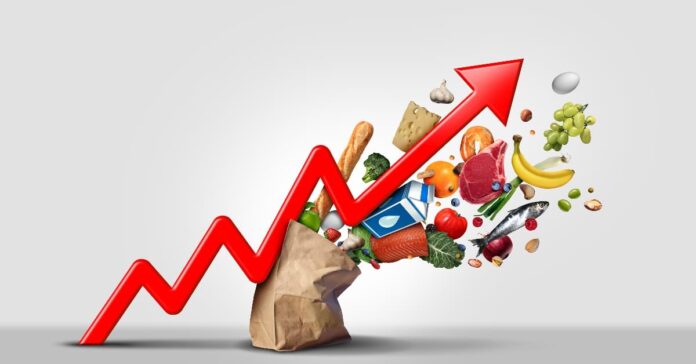The Sensitive Price Indicator (SPI) for the week ending September 12, 2024, recorded a slight increase of 0.01% compared to the previous week, primarily driven by rising prices of essential commodities such as tomatoes, electricity charges, and chicken.
The SPI, a key measure of short-term inflation, tracks the weekly price movements of 51 essential items in 17 cities across Pakistan, aiming to monitor inflation trends closely.
According to the latest data released by the Pakistan Bureau of Statistics (PBS), the SPI increased by 0.01%, with price hikes observed in items such as tomatoes (+6.62%), electricity charges for Q1 (+4.13%), chicken (+3.77%), and pulse gram (+2.43%). Prices of garlic (+2.24%), beef (+1.13%), and mutton (+0.71%) also saw an upward trend.
On the flip side, significant decreases were observed in the prices of bananas (-6.04%), pulse mash (-1.33%), wheat flour (-0.97%), and LPG (-0.96%). Other notable items showing a price dip include eggs (-0.91%), potatoes (-0.80%), and pulse masoor (-0.59%).
During the week, out of the 51 essential items being tracked, the prices of 15 items (29.41%) increased, 14 items (27.45%) decreased, while 22 items (43.14%) remained stable.
On a year-on-year (YoY) basis, the SPI surged by 14.36%, driven by price hikes of gas charges for Q1 (+570%), onions (+88.26%), and pulse gram (+55.76%). Other items contributing to the annual inflation included powdered milk (+25.72%), beef (+25.28%), shirting fabric (+21.45%), and chicken (+19.50%).
Some items, however, experienced price reductions compared to the previous year. Wheat flour (-38.54%), chili powder (-20.00%), diesel (-15.64%), petrol (-15.03%), and sugar (-13.98%) showed a noticeable drop. The reduction in the prices of key food staples such as rice basmati broken (-9.99%), gur (-8.79%), and vegetable ghee (-6.72%) provided some relief to consumers.




